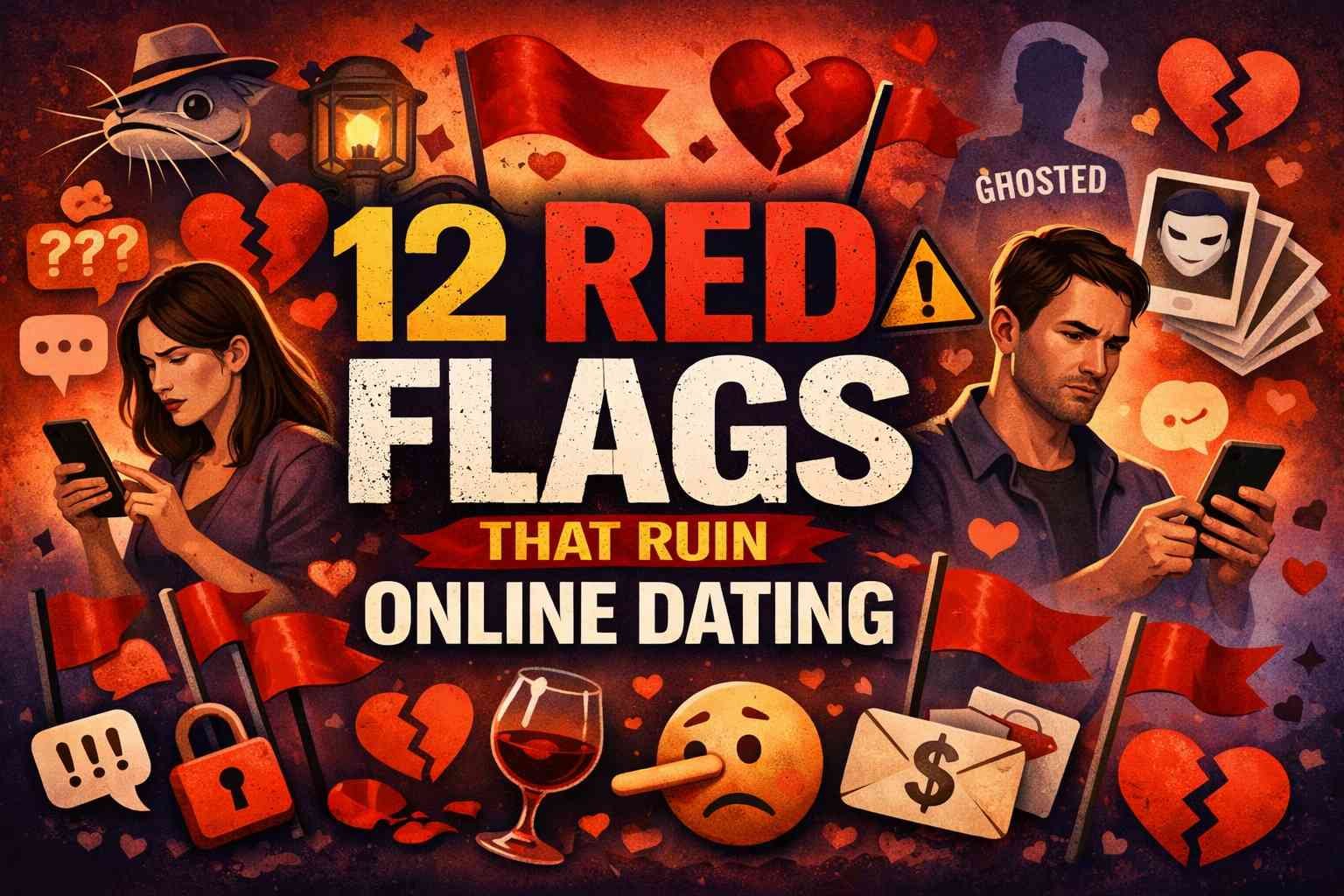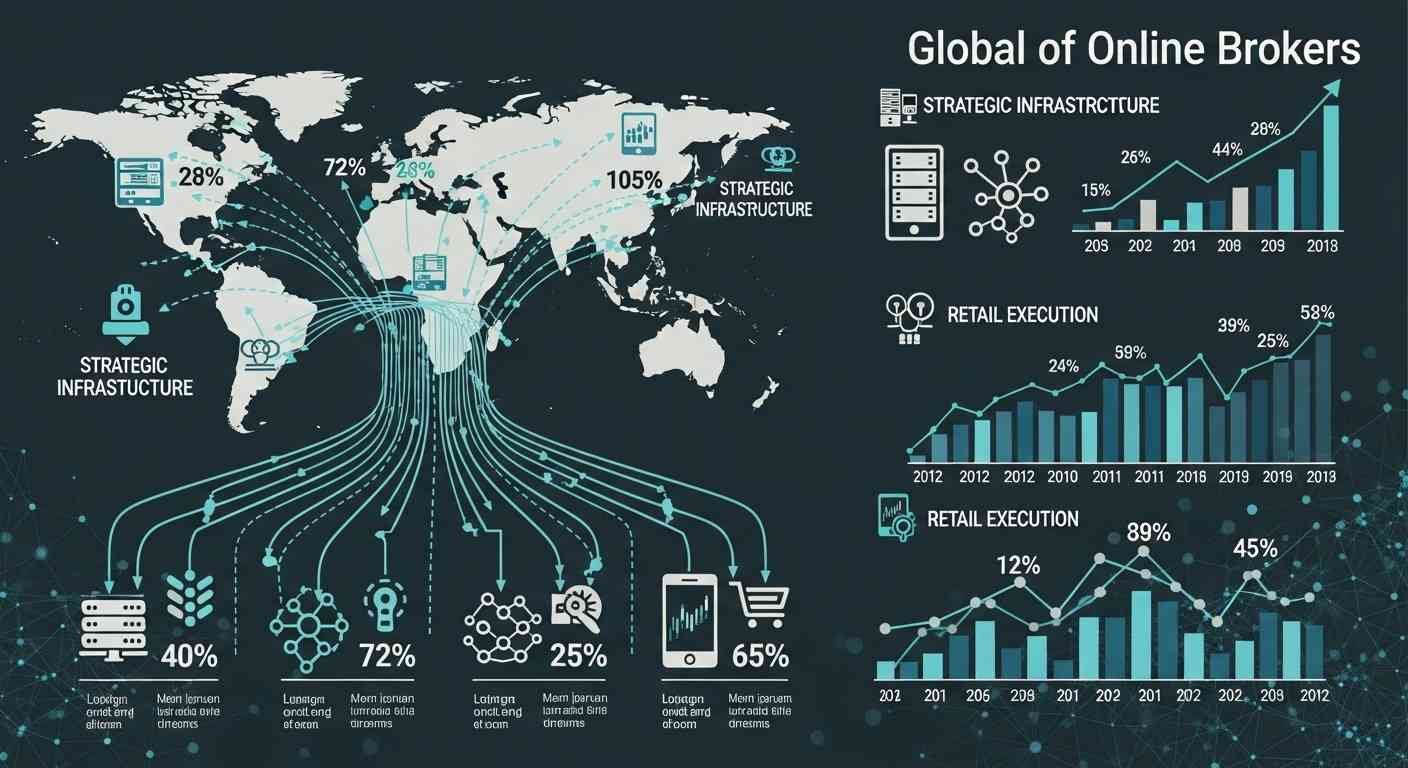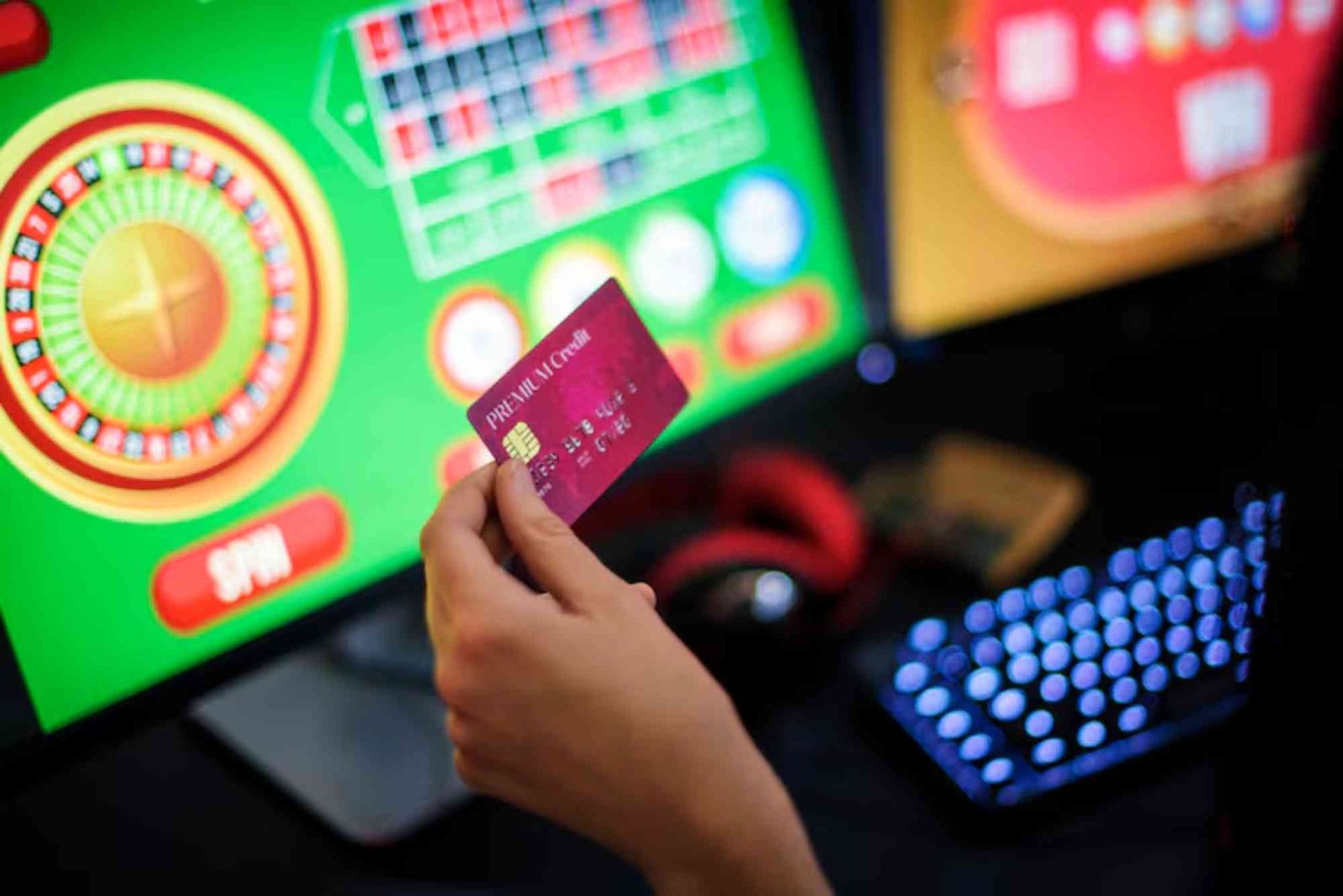Online casinos have built their appeal on the idea that games are fair, unpredictable, and exciting. Whether you’re spinning reels on slots, playing blackjack, or rolling digital dice, you are promised randomness—the very essence of gambling. But can players really verify that the randomness is genuine, or is it all just trust in a system we cannot see? This question is more relevant than ever as online gambling grows, technology advances, and new models like blockchain casinos challenge the old way of doing things.
The Foundation of Randomness in Online Gambling
Traditional casinos rely on physical randomness—cards shuffled by a dealer, dice thrown by hand, or a roulette ball spinning around a wheel. Online casinos don’t have this luxury. Instead, they use computer algorithms called Random Number Generators (RNGs). These programs generate numbers at extraordinary speeds, far beyond human perception, and ensure that the outcome of each spin or deal is independent of the last.
But there’s a catch: RNGs are, at their core, algorithms—deterministic pieces of code. Without proper auditing and oversight, a poorly designed RNG could theoretically be manipulated. This is why independent testing agencies, such as eCOGRA or iTech Labs, exist. They test and certify that the software behaves fairly and truly mimics randomness. Still, for many players, relying on a certificate isn’t quite the same as being able to verify things for themselves.
Can Blockchain Help Prove True Randomness?
The emergence of blockchain-based gambling has shifted the conversation. Platforms built on decentralized technology often allow players to audit the fairness of every game. This is known as “provably fair” gaming, where cryptographic algorithms provide a way to verify that the outcome of a game hasn’t been tampered with. Unlike traditional casinos, where players must trust third-party audits, provably fair systems give players direct visibility.
This approach is why blockchain-driven platforms like crypto casino uk are gaining attention. They let players verify outcomes themselves by checking cryptographic hashes or seeds. For many players, this transparency creates greater trust than any certification from a testing agency ever could. However, these systems can be complex, and not every player will have the technical skill or patience to verify outcomes after every spin or hand. Still, the option exists, and that alone pushes the industry toward higher accountability.
The Limits of Verification for the Average Player
Even with blockchain or rigorous certification, the reality is that most players lack the expertise to dig into the technical details. Checking an RNG audit requires trust in the auditor, and verifying cryptographic hashes requires at least some technical knowledge. The average player is there for entertainment, not for a crash course in cryptography or statistics. This creates a paradox: transparency is available, but it isn’t always accessible.
This gap leaves room for education. Players who want to feel secure need guidance on how these systems work, what to look for in an RNG certificate, and how to verify provably fair games. For example, some casinos provide tools that automate the verification process so you don’t need to understand every technical step. You simply click to confirm the fairness of your game round, making transparency user-friendly.
Why True Randomness Is Difficult in Digital Systems
The very concept of “true randomness” in a digital context is tricky. Computers, by design, are deterministic. They follow code, not chance. To simulate randomness, they use complex mathematical formulas that appear unpredictable. For practical purposes, these systems work—but they aren’t the same as tossing a coin in the real world. That’s why researchers and developers are constantly exploring better ways to generate randomness, such as using atmospheric noise, radioactive decay, or other natural phenomena.
In online casinos, however, practicality wins out. RNGs certified as fair are considered good enough, and provably fair systems add another layer of trust. For most players, this compromise between mathematical randomness and verifiable transparency is as close to true randomness as online gambling will get.
Real-World Examples of How Casinos Build Trust
Consider a slot machine game online. The c states that the game has an RNG certified by eCOGRA, guaranteeing its fairness. While the player cannot see the RNG in action, they know a trusted third party has validated it. On the other hand, a blockchain-based dice game might show you the exact cryptographic seed that generated your roll, allowing you to confirm the result independently. Both systems inspire trust, but in different ways—one through independent oversight, the other through direct player involvement.
In my own experience, I’ve noticed that players who gravitate toward provably fair casinos are often those with a stronger interest in technology and transparency. Meanwhile, casual players tend to rely on the reputation of a brand or the seal of a regulator. Both approaches reflect how comfort with risk varies among players.
The Future of Randomness in Online Gambling
Looking ahead, the demand for transparency will only grow. Younger generations of players, particularly those familiar with cryptocurrency and blockchain, are less likely to accept “trust us” as an answer. They want proof, and technology is evolving to provide it. More casinos are likely to adopt provably fair models, even if only as an option for players who value verification. Regulators, too, may begin requiring higher standards of transparency as technology makes it possible.
There’s also potential for hybrid systems. Imagine a mainstream online casino that uses certified RNGs for ease and regulatory compliance but also integrates provably fair tools for players who want to dig deeper. This kind of dual approach could bridge the gap between accessibility and verifiability, giving all players confidence in their games.
Final Thoughts: Trust, Technology, and Personal Choice
So, can online casino players ever verify true randomness? The answer is yes, but with caveats. Traditional casinos rely on third-party audits, which players must trust without direct verification. Blockchain and provably fair platforms give players the tools to check outcomes themselves, but not everyone has the skills or patience to do so. For most players, fairness comes down to reputation, regulation, and personal comfort with risk.
Ultimately, the future of online gambling lies in transparency. As technology continues to evolve, casinos that embrace openness—whether through certification, blockchain, or user-friendly verification tools—will win the trust of players. True randomness may remain elusive in a digital world, but verifiable fairness is well within reach.



